|
Tripping over my own feet trying to learn Scottish Highland dancing, I marveled that I was learning this in China, taught by a Portuguese-Canadian. We moved on to Tibetan dancing — much easier — and then square dancing, the Virginia Reel.
This Diaspora Dance creates hilarious moments of learning, and is also a catalyst for communicating the gospel. Last night I went to a lecture “Missions, Migration and Multiplication Movements” offered by Dr. Robert Cousins of Tyndale Seminary and Dr. Narry Santos of Greenhills Christian Fellowship. The focus of the lecture was on the growth of the immigrant church in Canada. Dr. Santos told the story of growing a church in his native Manila, and yet seeing family after family relocate to Canada. So Dr. Santos moved to Toronto to build a church. God spoke to him: rather than build a Filipino church, Dr. Santos was to build a “multi-cultural, multiethnic” church, one that reflects the diversity of Toronto and of Canada. I really enjoyed the boldness of Dr. Santos and his church-planting network in Canada. I also enjoyed hearing from Fletcher, a pastor planting in Surrey BC who is from Malawi, and from Lydia, a missions mobilizer from Trinidad working in Canada. Lydia believes it is good for Canadians to have diaspora Christians in their midst, because immigrants are not afraid to share their faith on the bus or metro or anywhere. Boldness is simply a part of who they are. This is great for us in Canada, as our culture tends toward the opposite; we can fear sharing our faith as we may offend someone. This month teams of Inter-Varsity students go out to do the diaspora dance, learning new steps and moves from our global Christian family, and teaching some of our own. One team goes to East Asia, one to the Middle East, and one to Haiti. Another team hosts global partners from the Middle East North Africa region to do outreach in Canada. One team works in partnership with Indigenous youth in Canada. And another team will definitely be doing the Virginia Reel at camp with kids from a variety of backgrounds at our camp partnership. What’s great about the Diaspora Dance? Though it has it’s awkward moments, it’s hilarious, joyous, and besides, it’s all about the learning and relationships anyway! Time to hit the dance floor! 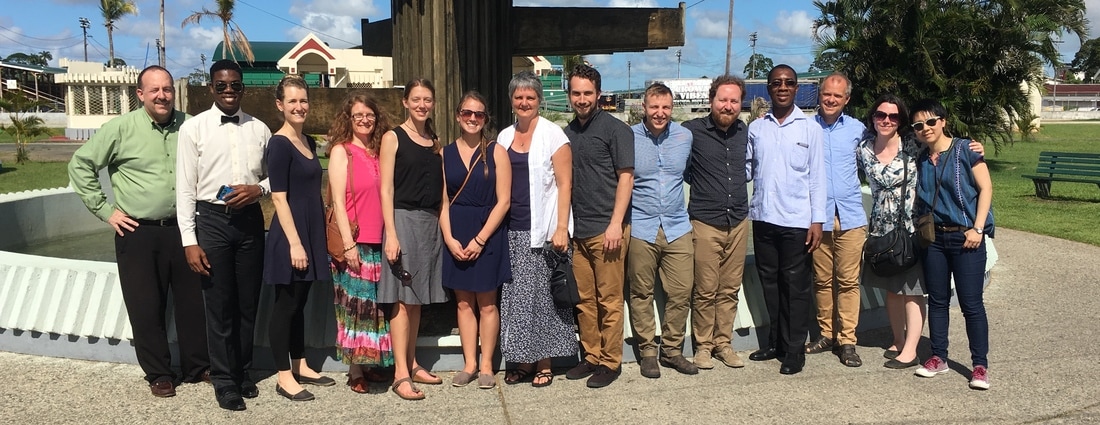 “O LORD you indwell our shabby human life, lifting it now and then above the dominance of animal passion and greed, allowing it to shine with borrowed lights of love and joy and peace, and making it a mirror of the beauties of a world unseen.” This prayer is from a classic devotional by John Baillie, “A Diary of Private Prayer.” John was a Scottish theologian most known for his work helping the church think through its approach to evangelism in the post World War II era. But the volume he’s most remembered for are his prayers. My wife and I have begun to rely on these prayers. When you find deep prayers that express your heart, it’s like discovering treasure. No wonder the disciples had to know how Jesus prayed. Jesus’ prayer in Luke 11 is just 38 words long, but his parable and teaching is 230 words long. It’s remarkable that Jesus spends more time on the WHY then on the WHAT of prayer. The WHY we learn from the parable of the friend at midnight (Luke 11:5-8) is that we can bang on God’s door anytime of day or night with no doubt or fear about whether He will answer because His reputation is on the line. To refuse a friend or a guest in many culture, especially Middle-Eastern culture, would bring dishonor on the whole community. God is THE BEST HOST of all, and He will not let a friend at any time go away empty. (see Kenneth Baily for more of his understanding about this). So why pray? Prayer is urgent – taking a need of a friend to God’s welcome door. Prayer is moving in faith – trust that God will gladly hear and respond. Prayer is partnership – connecting us with friends and travelers from all over the world, and linking us into the Fathe who is abundant and available and loves to give good gifts to His children. Twelve of us from Inter-Varsity traveled to Guyana last week. We met with leaders from the Inter-Varsity of Guyana, called IS/IVCF. Each day we studied a parable together and spent time telling our stories. We studied Luke 11 and that inspired us to spend time praying together for Guyana and for the Caribbean, and for Canada, and for the whole world. Exercising our faith together in this way was inspiring. Even better was hearing from God “You are are not forgotten.” “You are all one body in Christ. Each experiencing the same kind of suffering.” “God will take you out of stagnant places, into new places far and wide.” Many years ago a Canadian Inter-Varsity staff named Cathy Nichol began a bible study in Jamaica. That bible study became the Inter-Varsity movement that spread throughout the Caribbean. We celebrated this history with the Caribbean and its 60 years of IS/IVCF. And we joined in together praying that God’s kingdom would come to the far and wide places of our countries, and call forth this generation into living lives for the gospel of His kingdom. John Baillie’s prayer closes, “O God, the reflection of your transcendent glory once appeared unbroken in the face of Jesus Christ. Give me today a heart like his: a brave heart, a true heart, a tender heart, a heart with great room in it, a heart fixed on you; for His name’s sake.” Amen.  My wonderfully eccentric 7th grade speech teacher called herself, “the Princess.” Bespeckled in a plastic crown (not kidding), she sat me down with my speech about fighting injustice, full of statistics and quotes, and asked me, “Don’t you care about injustice?” I was taken aback. Of course I cared, didn’t she see all the information? She pressed on to say the speech didn’t sound like I cared, and so why should she? She reshaped my speech and had me interrupt my talk and point to a listener and ask, “Does it bother you when people are victimized and yet no one moves to respond?” And then to repeat the question a few times ending with “Does it bother anyone?” Who did I think I was? Certainly the Princess gave me a successful angle on a tired subject – ‘fighting crime.’ But really she inculcated in me a thought that underlying the inertia of human dysfunction was this thing called apathy. As a teenager it was already becoming a well-practiced art, the art of not caring, of shrugging the shoulders and showing no difficulty could phase my calm and cool exterior. But called by a different name, ‘cool’ was actually ‘apathy,’ I felt enlisted into a new approach to challenges. The Greeks gave us the word apathy. For them ‘a-patheos’ the art of ‘avoidance of passion’ was more than a disposition, it was a virtue, an aspiration. Feelings associated with passion – fear, pain, grief, love, desire, pleasure – were to be extirpated completely. Purging passionate feelings allowed the soul to remain unaffected when events lay outside of one’s control; apatheia created an ‘indifference’ that kept the soul in peace. But any reading of the psalms reveals a biblical people profoundly affected by world events - in praise, in grief, in anger, in lament, in a cry for justice. "Most scripture speaks to us but the psalms speak for us,” Eugene Peterson says. We take comfort that these saints trust in God drew from a deep and passionate relationship with God. I don’t think apathy today results only from a modern day Stoicism, but from the way we become overwhelmed by violence in schools, violence against families, terrorists bombing bystanders, and we wonder, what can anyone do to stop this? The psalmists cried out first and foremost in loud lament. Psalm 86: "God, arrogant people have attacked me; a gang of ruthless men seeks my life. They have no regard for You. 15 But You, Lord, are a compassionate and gracious God, slow to anger and rich in faithful love and truth. " The psalmist did NOT simply say, “Arrogant people have attacked me. Oh well! Whatever!” Nor did he say, “Arrogant people have attacked me. I'm going to make their life a living hell.” No, the psalmist found refuge in God, and his trust of God gave him the grace and conviction to carry on. With his disciples Jesus extends ‘loving your neighbours’ to include ‘loving your enemies.’ “For if you love those who love you, what reward will you get? … Do not even common folks do that? Be perfect, as your Heavenly Father is perfect.” Far from a perfect detachment, a separated peace to which the Greek aspired, God calls His people to engage in loving the widow, the orphan, the stranger, and even the enemy. Jesus is calling us to be His hands and feet of healing and reconciliation in the world that welcomes strangers, refugees, and those on the margins. 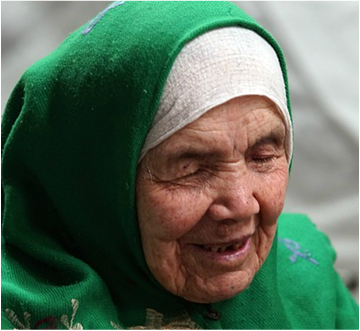 I was a little lost today. At home. At my desk. Not a long commute, when you’ve got a home office. Nevertheless, I was a little lost today. Day 45 of my daughter’s concussion. She had a headache again and went back to bed. My wife with debilitating shoulder pain. 14 hours in EMERG. It's been a tough week. Albeit small compared to the travails refugees are facing across the world. A 105 year old Afghani woman named Bibihal (below) flees her war torn country for safety. 105! Trudging across Eastern Europe looking for a new home. In Canada debates begin about whether we can actually receive thousands of Syrian refugees before Christmas as promised. Diplomats from Russia and the USA go to Syria to try to broker peace, but these are the same two superpowers supporting rival factions. The world is more than a little lost today. How do we gain hope in a world so hungry for it? Rebecca Solnik says in her Field Guide to Getting Lost that the word ‘lost’ comes from the Old Norse from when an army disbands. The warriors wander. I guess the euphoria of war ending still involves transition, and back then, going home without GPS nor return flight meant lots of meandering, lost purpose, the departure from your platoon, all of which would be disorienting. But then how do we go about finding our way home unless we are willing to walk through the wilderness? I like the mind-bending words of Rebecca Solnik, “That thing the nature of which is totally unknown to you is usually what you need to find, and finding it is a matter of getting lost.” Or in other words, trailblazing your way as a pilgrim. As pilgrims we know we are accompanied, even when lost in the dark valley. Deeper into the woods or along the Emmaus Road, a stranger always joins us. Last week I took a retreat day at Rivendell on Bowen Island. I went on a run down a trail and crossed a stream and found the trail narrowed, and disappeared. Running back I lost my way, and yes… found myself disoriented for a short time . (Like pioneer Daniel Boone: “I’ve never been lost. I was confused once for three days.”) Returning to Rivendell, I ran past a labyrinth. I’d already had my circuitous run, so I passed on the experience. Back at Rivendell I joined the evening prayer time. The people present were people I knew but didn’t expect to see, all there also for a personal retreat. One gave me a picture of a labyrinth with the words “Dhonnohbahd” (Bangladeshi for “Thank you.”). She thanked me for the role I played in her call to missions. My hope is that God continues to raise up Kingdom pilgrims like her who will go out into His world and bring the good news to people like Bibihal and her family, creating home for those who wander lost. Sometimes the stranger who joins us on the labyrinth road is no stranger at all. 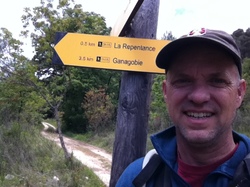 I can’t say I was an overwhelming blessing on my first mission trip. In fact, I can say with some certainty that I was hopeless in Spanish, susceptible to stomach problems, but completely enamored with Mexico. My habit in communicating was to nod and smile and be affirming, even if I didn’t know what was being said, or being asked. One night I discovered I had unwittingly agreed to speak to the Presbyterian women’s society on the subject of sex! We enthusiastically led children’s programs and vacation Bible schools, but carrying out simple tasked – like laundry – was beyond us. The ladies would watch us lamely try, and then insist and take our clothes and wash them. Coming to serve, we got outserved. Royally outserved. What is a short term mission really? What if we stripped away the need we feel to get something done, and we focused on how God is discipling us through the process? What if short-term missions were really pilgrimages, the beginning of a life lived in mission? Thousands of pilgrims each year walk the Camino de Santiago de Compostelle. The walkers say the crucial thing is paying attention to God and how He is shaping them through the experience. Many take with them a question they are wrestling with or a challenge they are facing in their day to day life. Walking with God doing His camino provides a spaciousness and focus to stay present to God. Short term missions have been a camino for me of my discipleship. I have walked along the camino in the Yucatan and grown taller – literally – as I found the heavy mud added layer upon layer to the bottom of my shoes. Also, walking with friends in unfamiliar places, enjoying the hospitality of new friends, God has grown me in gratitude and perspective to be a global Christian. Through these experiences God has also challenged me, my pride and selfishness emerging in those dissonant moments, and I find, like I do on so many hikes, that I need to repent, U-TURN, and get on the right path again. The STM experience should be a journey in our discipleship; if we are going only for what we can do, or what we can add or say, then we are susceptible to believe ourselves too important, too integral, as If God cannot do anything without us. Short-term missions opens our eyes to God’s work in another context; it is not the four weeks in which we change the world. It is the four weeks in which the God’s work in the world changes us. The taste of God’s global work growing not only changes us, it makes us long for this food always. So walking along this STM as a camino is the beginning of our life as a mission pilgrim. The aim of the pilgrim is to keep sojourning along towards God’s kingdom, not to put up one’s feet and pack away the memories like old photos. My camino in missions has led me back to Mexico many times, as well as many other places. I became conversant in Spanish, my stomach adjusted to the food quite well, (even now my mouth waters at the thought of my host’s cooking – que sabroso!), and yet I still find I can’t avoid getting into confusing situations (though I have not been invited back to speak on sex I’m happy to say), misunderstandings, and still find I need to keep learning, growing, and making U-turns to get back on His right path. Next issue: What if all Caminos (and touristic travel) were more like short-term missions? “Out of Sumer, civilized repository of the predictable, comes [Abram] |
Steve Colbydirector of missions IVCF Archives
June 2017
CategoriesMission Pilgrims is the call to live all life as a mission road following Jesus, growing as disciples as we go making disciples.
I host this blog but will involve many other contributors who are walking in Jesus mission with their lives, including: Inter-Varsity Christian Fellowship staff and students, campers, alumni, teachers, engineers, doctors, business, social workers, bakers, and candlestick-makers. Jesus calls all in His life-long mission pilgrimage whether its across the street or across the world. For more extraordinary stories of our short-term missions, go to Extraordinary Stories |
Proudly powered by Weebly

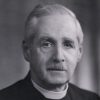
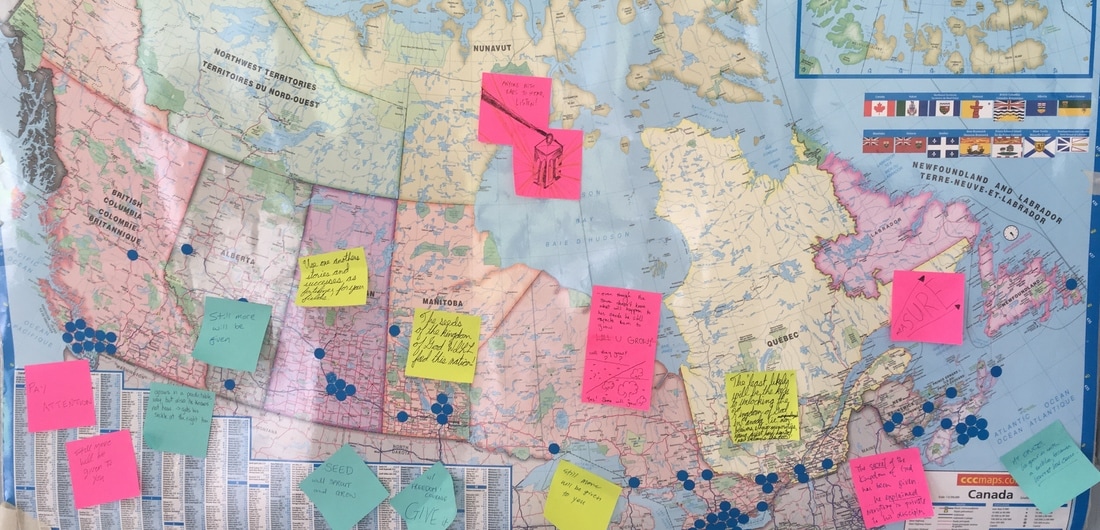
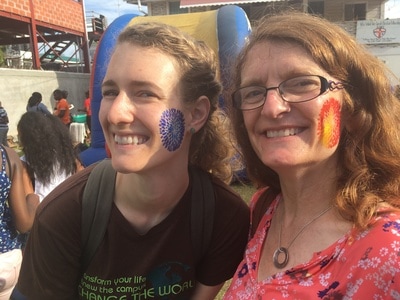
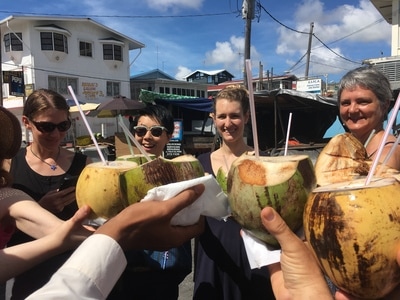
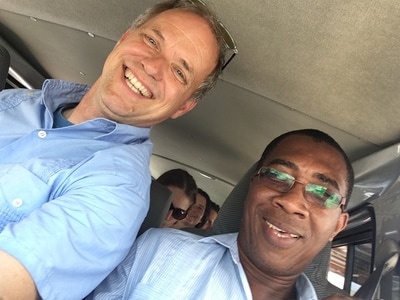
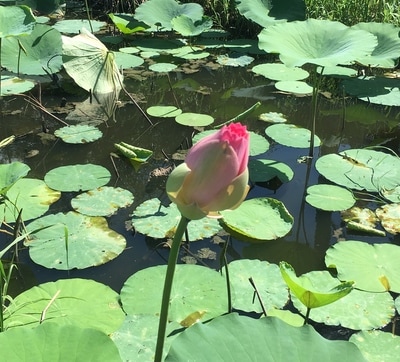
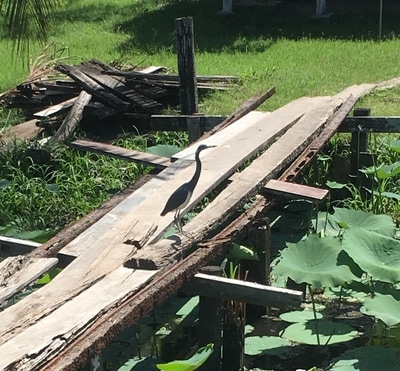

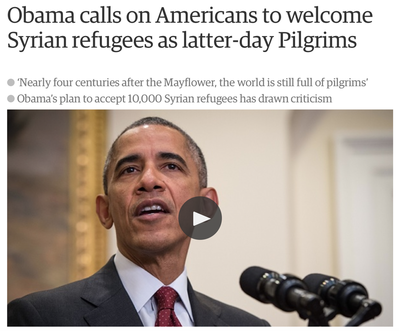

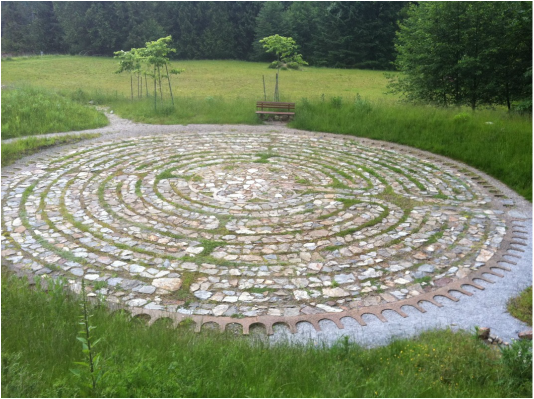
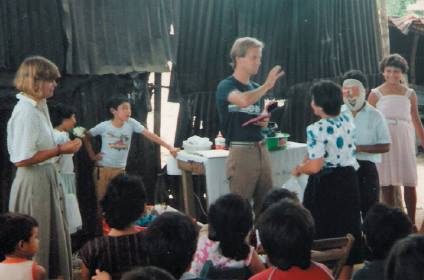


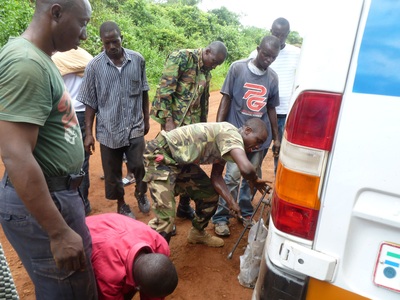
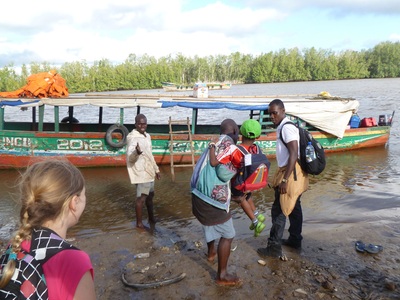
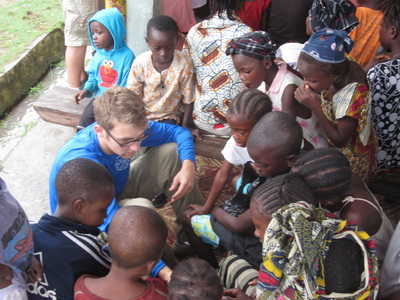
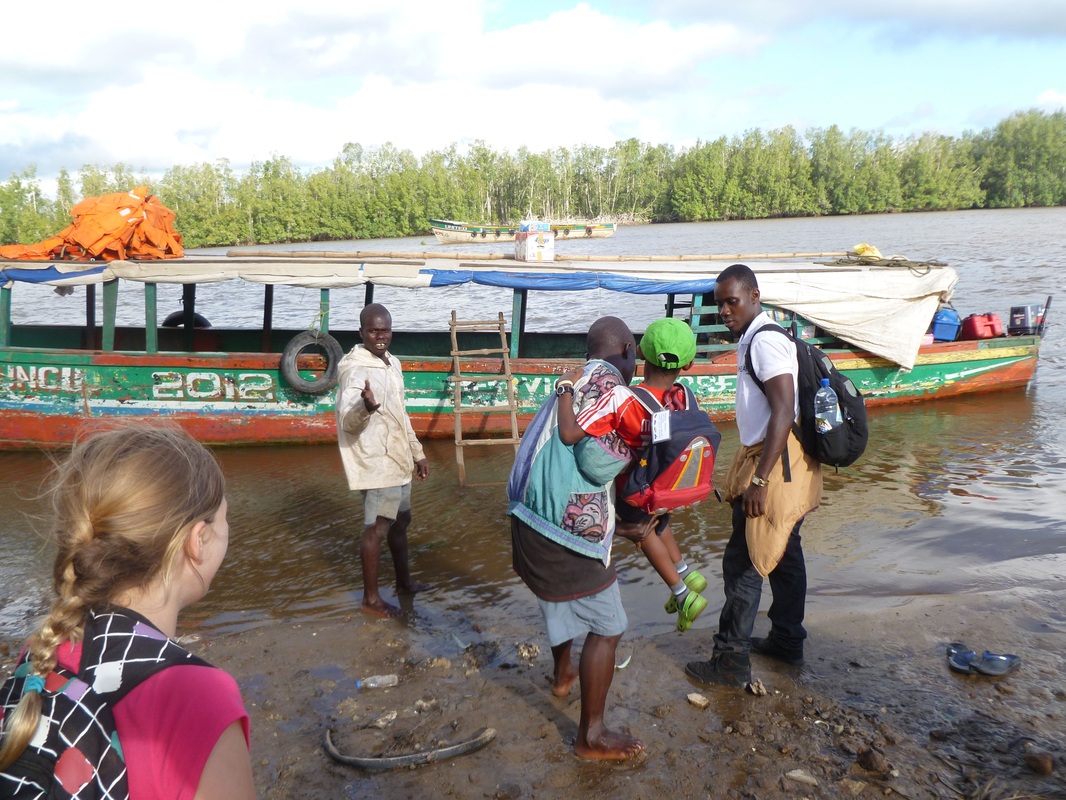
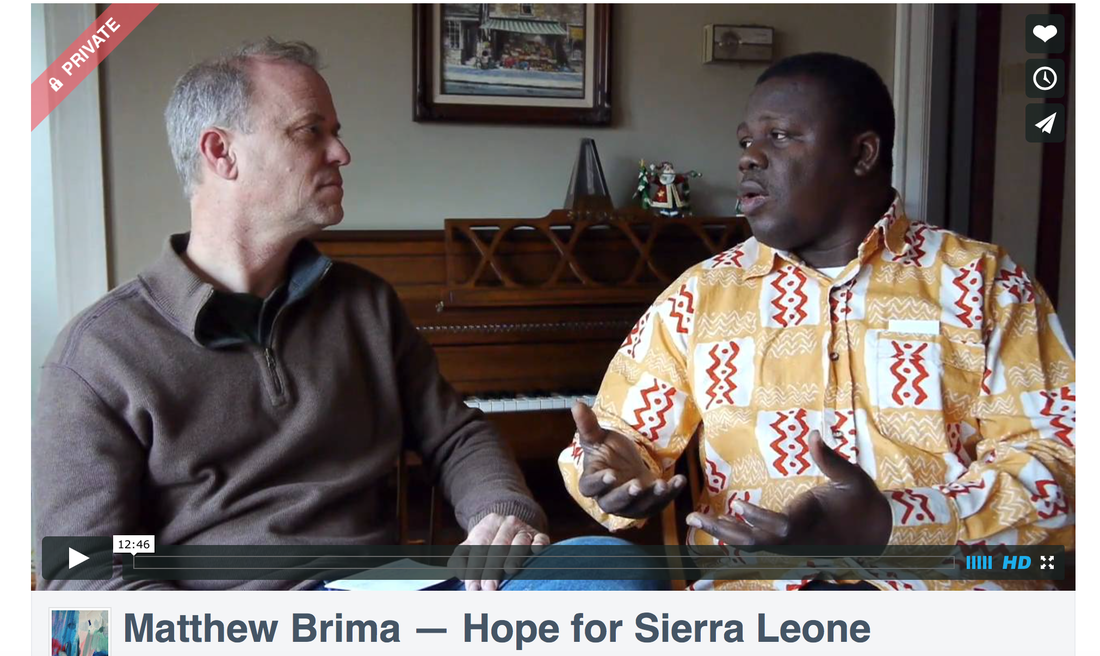
 RSS Feed
RSS Feed